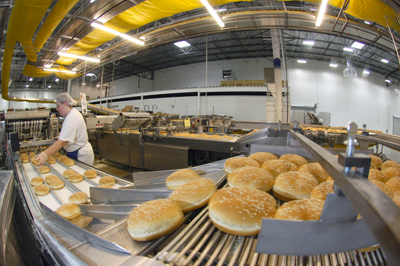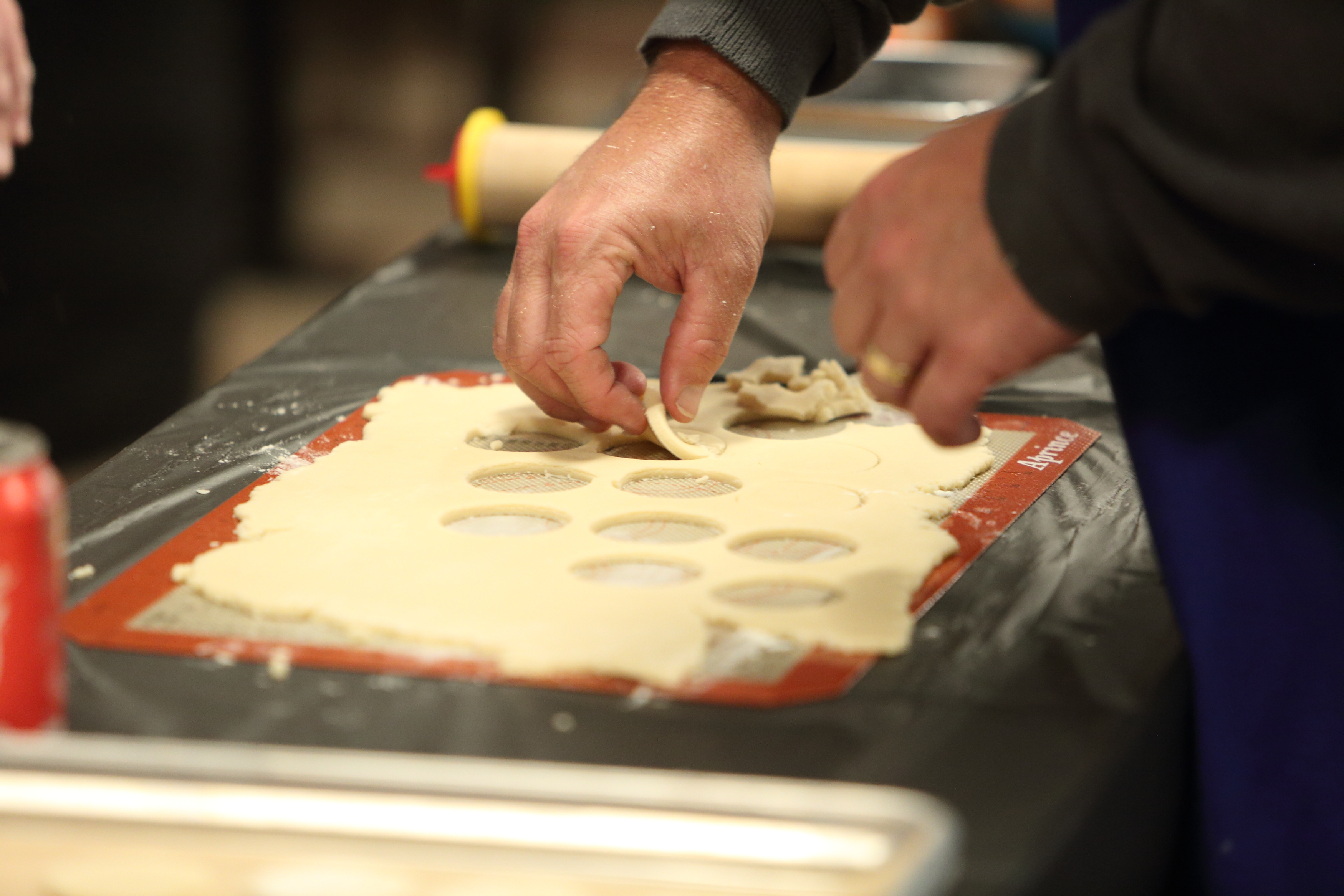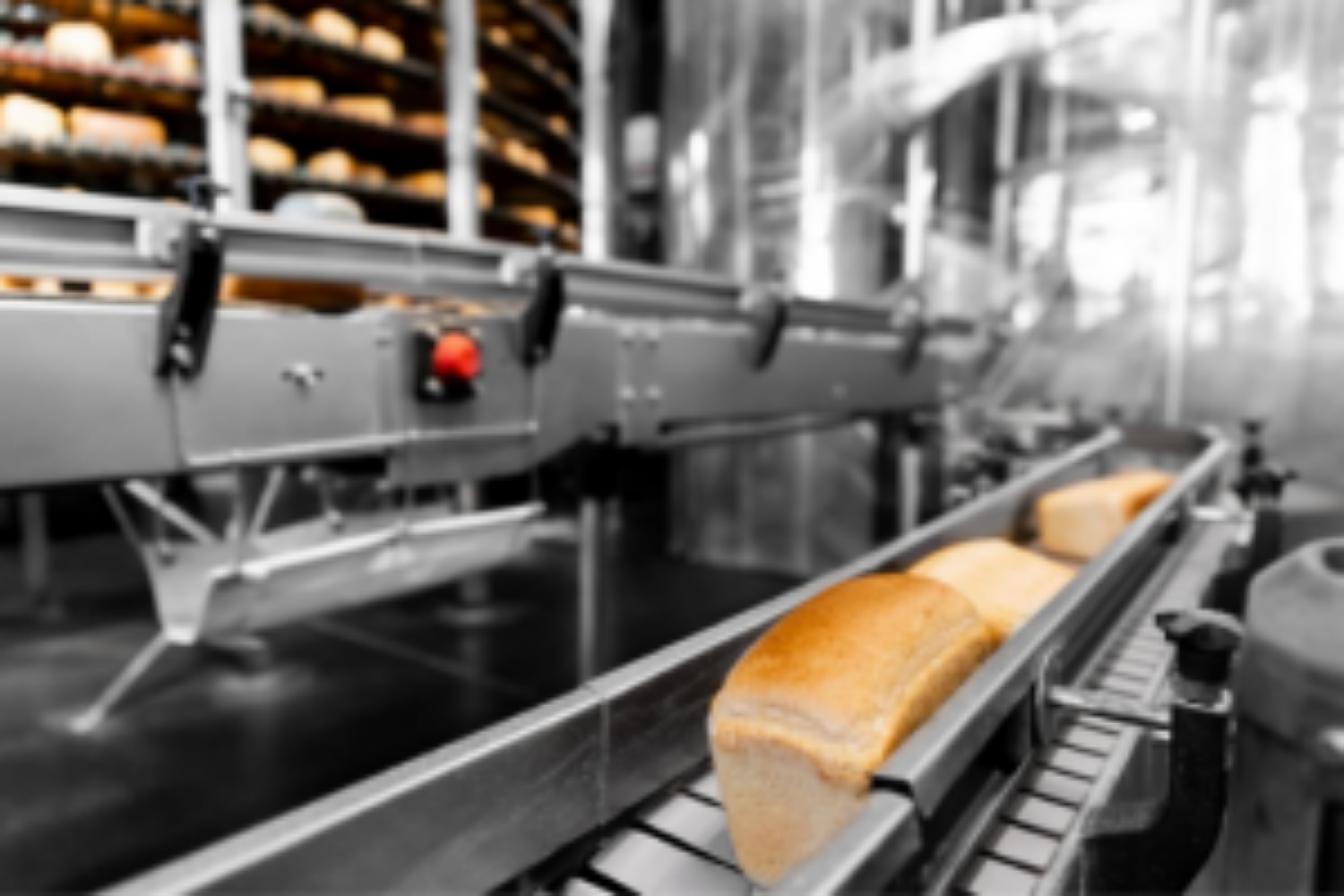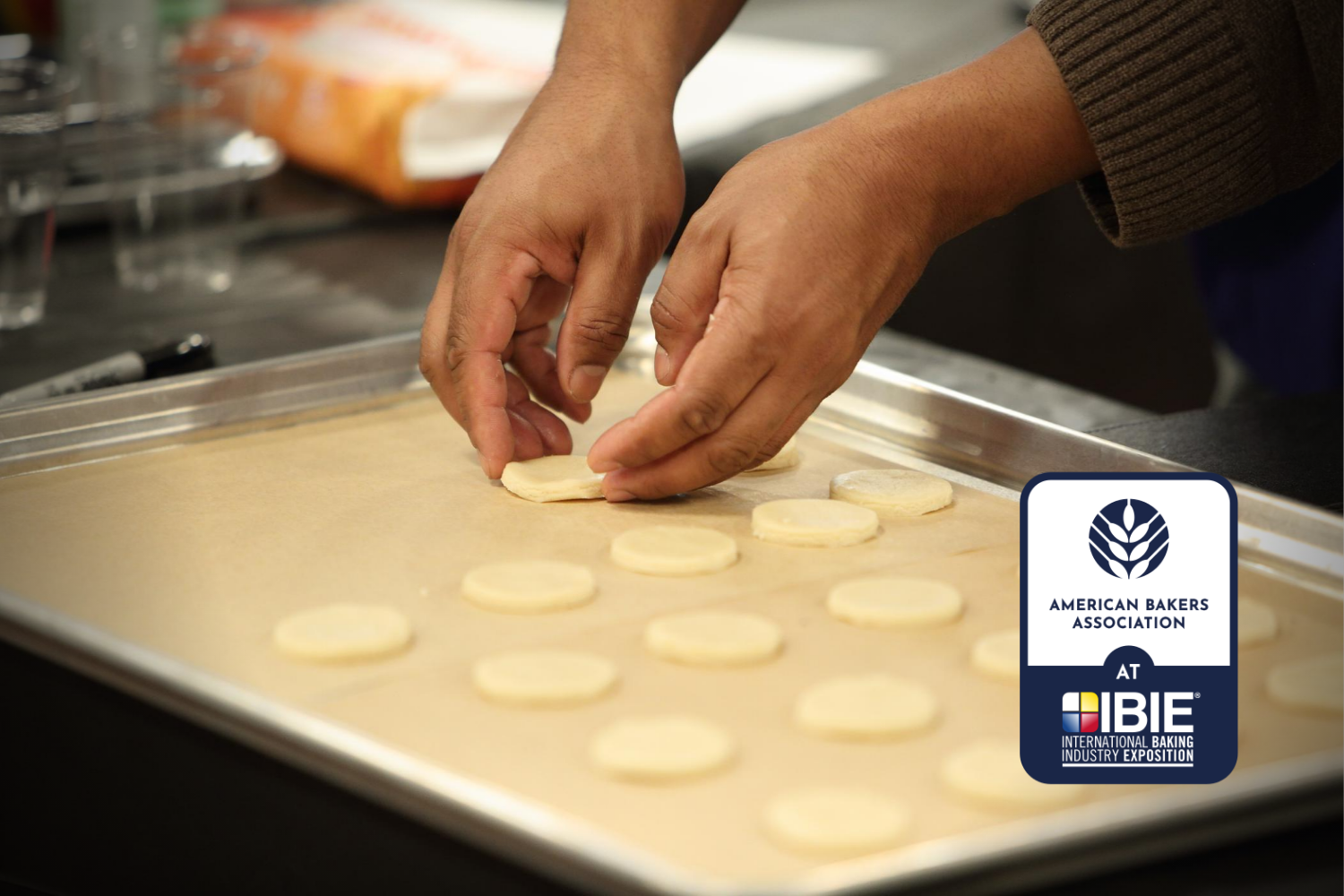There's a lot more to cookie and cracker manufacturing than meets the eye.
The manufacturing process is crucial to driving high quality and consistency — all of which require a well-educated production workforce. That is why ABA's Cookie & Cracker Manufacturing course is considered an essential training program by baking companies and production supervisory employees worldwide.
Graduates of the program build enhanced expertise in their industry roles. A case in point is recent graduate Jason Reid, a Production Coordinator at The Arnott's Group, a large Australian-based producer of baked goods.
"The course gave me a better understanding of production, improved my decision-making skills, and helped me focus even more on continuous improvement in our processes," he said.
Key Points about Cookie & Cracker Course
The course is an advanced training component of ABA's Bakers Manufacturing Academy, which also offers beginner and specialized programs covering a range of baking topics. Here are key points about this comprehensive course:
- It is geared to those who manage or supervise a bakery shift, department, or manufacturing facility.
- The education program combines self-study with on-site learning in the workplace.
- There are 32 textbook chapters on topics ranging from ingredients and mixing to safety and equipment maintenance.
- Some 15 multiple-choice tests are given.
- Seven work projects are designed for students to apply lessons directly to situations in their plants.
- Students have up to two years for course completion.
- ABA Technical Advisors for the course are industry veterans Rich McFeaters and Brian Strouts.
"The students show a real love for knowledge and become more valuable to their companies," said Vanessa Vial, ABA's Assistant Director of Education.
From Coursework to the Plant Floor
Insights from the coursework helped Arnott's Reid to enhance his problem-solving skills.
"It's important to take the learnings and relate it to what we do on the job site," he said.
"It's a great opportunity to talk with operators within my company about the lessons and get their takes on them."
Reid said he learned new strategies for dealing with manufacturing challenges, which he said is especially important for managers.
"I now can better understand, for example, why a plant might get variations in a batch and how to reduce the chances of that happening," he said.
Work Projects Drive Onsite Exploration
The signature components of the course are the work projects.
"These are the program's main pillars and are in place to integrate the written curriculum into their real-life work environment," said Vial.
Student work project documentation is highly detailed with images, data, tables, and inclusions of key principles. In one of his work project write-ups, Reid relayed his insights about the mixing process.
"Mixing is very much a science but also an art form," he wrote. "After studying the mixing process in more detail on the shop floor and gaining a greater understanding through this course, I can see this is the most critical process in baking cookies. Minor changes to process or shortcuts at this step will cause major ripples through the rest of the process."
Students Become Champions for the Coursework
Reid's plant manager took the course some years ago and helped guide Reid through some of the lessons. Now Reid has become a champion for the program. He notes that many employees in the industry learn their production roles on the job, and this course provides a helpful grounding.
"I encourage others to take the course as I found it very beneficial," he said.



